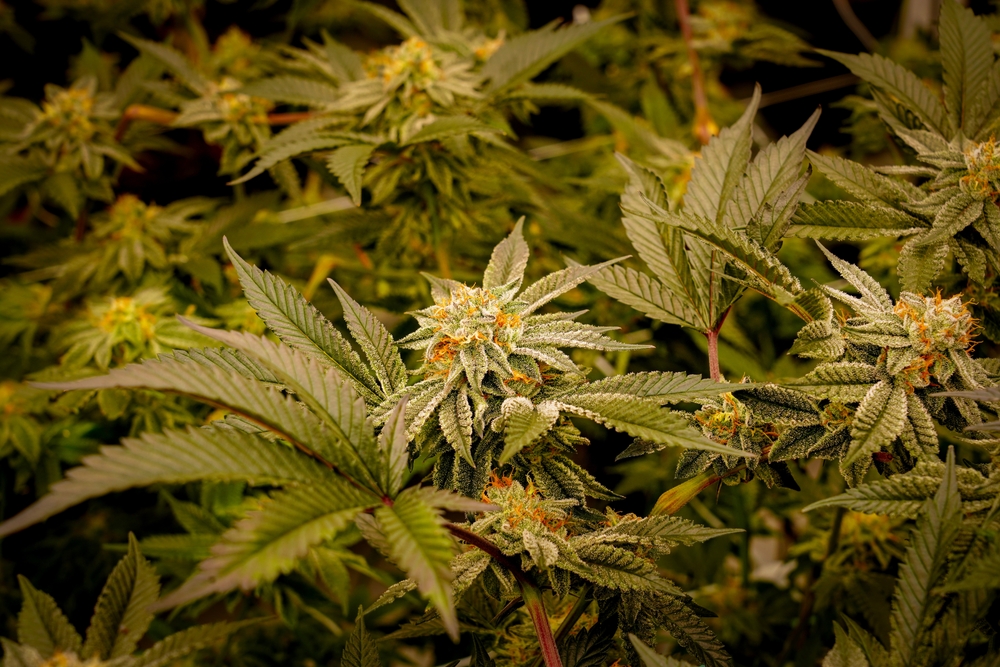On Oct. 1, 2024, Georgia implemented the Hemp Farming Act, a significant piece of legislation aimed at regulating the rapidly growing hemp industry in the state. Announced by state officials, including Governor Brian Kemp and Commissioner Tyler Harper, the act introduces new public safety measures designed to protect consumers, particularly minors, from potential hazards associated with consumable hemp products.
Key provisions of the Hemp Farming Act
One of the most notable aspects of the Hemp Farming Act is the prohibition of hemp product purchases and possession for individuals under the age of 21. This restriction reflects a growing concern over the safety of consumable hemp products, which have seen a surge in popularity in recent years. The law aims to ensure that young people are not exposed to products that could pose health risks.
In addition to age restrictions, the act requires all hemp retailers, wholesalers and manufacturers to obtain a license to operate in Georgia. This licensing requirement is a crucial step toward establishing a regulated framework for the hemp industry, which has previously operated with minimal oversight.
Background and rationale
The Hemp Farming Act is a response to the 2018 Farm Bill, which legalized hemp production across the United States. As the hemp industry has expanded, so too have concerns about the safety and regulation of consumable hemp products, including oils, gummies and beverages. The act aims to address these concerns by providing a framework for oversight and accountability.
Dr. Steven Teutsch, chair of the National Academies Committee, highlighted the need for such regulations, noting that public health considerations had often been overlooked in the past. This sentiment underscores the urgency of implementing regulations that prioritize consumer safety.
The growing hemp industry
The hemp industry has experienced significant growth in recent years, paralleling the increasing acceptance and legalization of cannabis products. According to recent statistics, the number of individuals using cannabis regularly has skyrocketed, with over 17 million people reporting almost daily usage in 2022, compared to less than one million in 1992. This surge in usage is attributed to the greater accessibility of cannabis products, with approximately two-thirds of individuals aged 12 and older indicating that obtaining cannabis is “fairly easy” or “very easy.”
Despite the growing acceptance of cannabis, it is essential to recognize that the U.S. Drug Enforcement Administration classifies cannabis as a Schedule I substance, indicating that it is considered to have a high potential for abuse. This classification adds another layer of complexity to the regulation of hemp and cannabis products.
The implementation of the Hemp Farming Act in Georgia marks a critical step toward ensuring the safety and regulation of consumable hemp products. By establishing age restrictions and licensing requirements, the state aims to protect consumers, particularly minors, from potential health risks associated with these products. As the hemp industry continues to grow, it is crucial for lawmakers and regulators to prioritize public health and safety, ensuring that consumers can make informed choices in a rapidly evolving market.

















